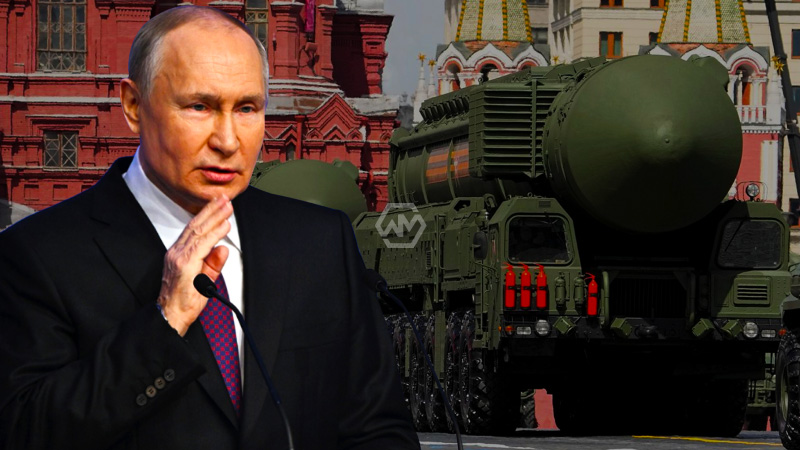- Putin‘s alleged plan for a nuclear strike from Belarus is controversial and lacks credible support in mainstream analysis.
- Military experts generally dismiss the notion of “winning” a nuclear war due to its catastrophic consequences.
- Geopolitical tensions, including joint drills, are more likely to serve deterrent purposes rather than signal imminent nuclear aggression.
Yuri Felshtinsky’s claim that Vladimir Putin has devised a strategy to win a nuclear war via strikes from Belarus is highly contentious and lacks widespread support among geopolitical analysts.
Military strategists universally caution against the notion of “winning” a nuclear conflict, emphasizing the mutual destruction and global devastation that would inevitably result from any large-scale nuclear exchange.
Belarus’ alleged nuclear strategy challenges conventional wisdom
Yuri Felshtinsky’s recent statements about Vladimir Putin’s nuclear strategy have sparked debate, suggesting Putin believes in a winnable nuclear war through strikes from Belarus rather than Russia. This theory challenges conventional understanding of nuclear deterrence.
Experts caution that any attempt to “win” a nuclear war is fundamentally flawed due to the indiscriminate and catastrophic nature of nuclear weapons. The idea of using tactical nuclear strikes from Belarus to achieve strategic goals is considered highly risky and unrealistic in modern military thinking.
Military drills involving tactical nuclear weapons by Russia and Belarus have raised eyebrows, seen by some as provocative gestures rather than serious preparations for nuclear conflict. These exercises are often interpreted as part of geopolitical posturing rather than indicative of imminent nuclear aggression.
Despite claims of a strategic shift, mainstream analysts emphasize that nuclear doctrines of major powers, including Russia, prioritize deterrence and defense rather than aggressive use. The focus remains on maintaining stability and preventing escalation, despite periodic displays of military capability.
In conclusion, while provocative claims of Putin’s nuclear strategy from Belarus have surfaced, they remain speculative and divergent from established principles of nuclear deterrence. The consensus among experts underscores the inherent risks and devastating consequences associated with any notion of “winning” a nuclear war, reinforcing the prevailing view that strategic stability and deterrence are paramount in international security discourse.
Certainly! Here’s a quote related to the topic:
“Any strategy suggesting a ‘winnable’ nuclear war is dangerously misguided and fundamentally at odds with the reality of nuclear weapons.”



